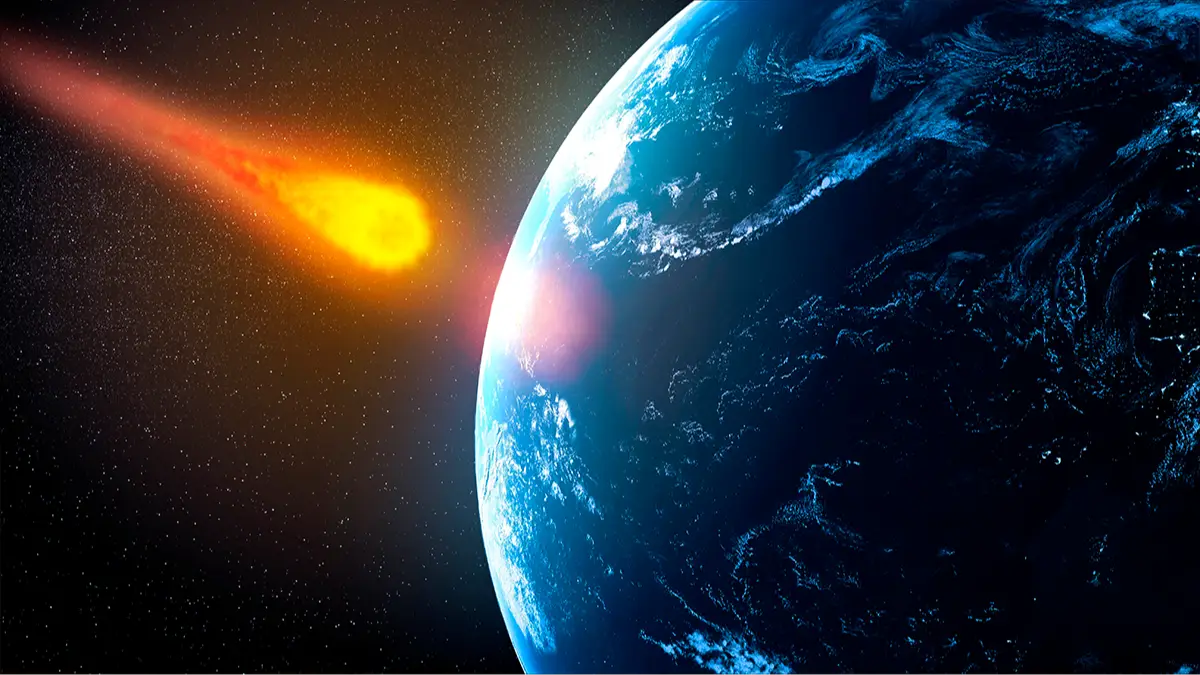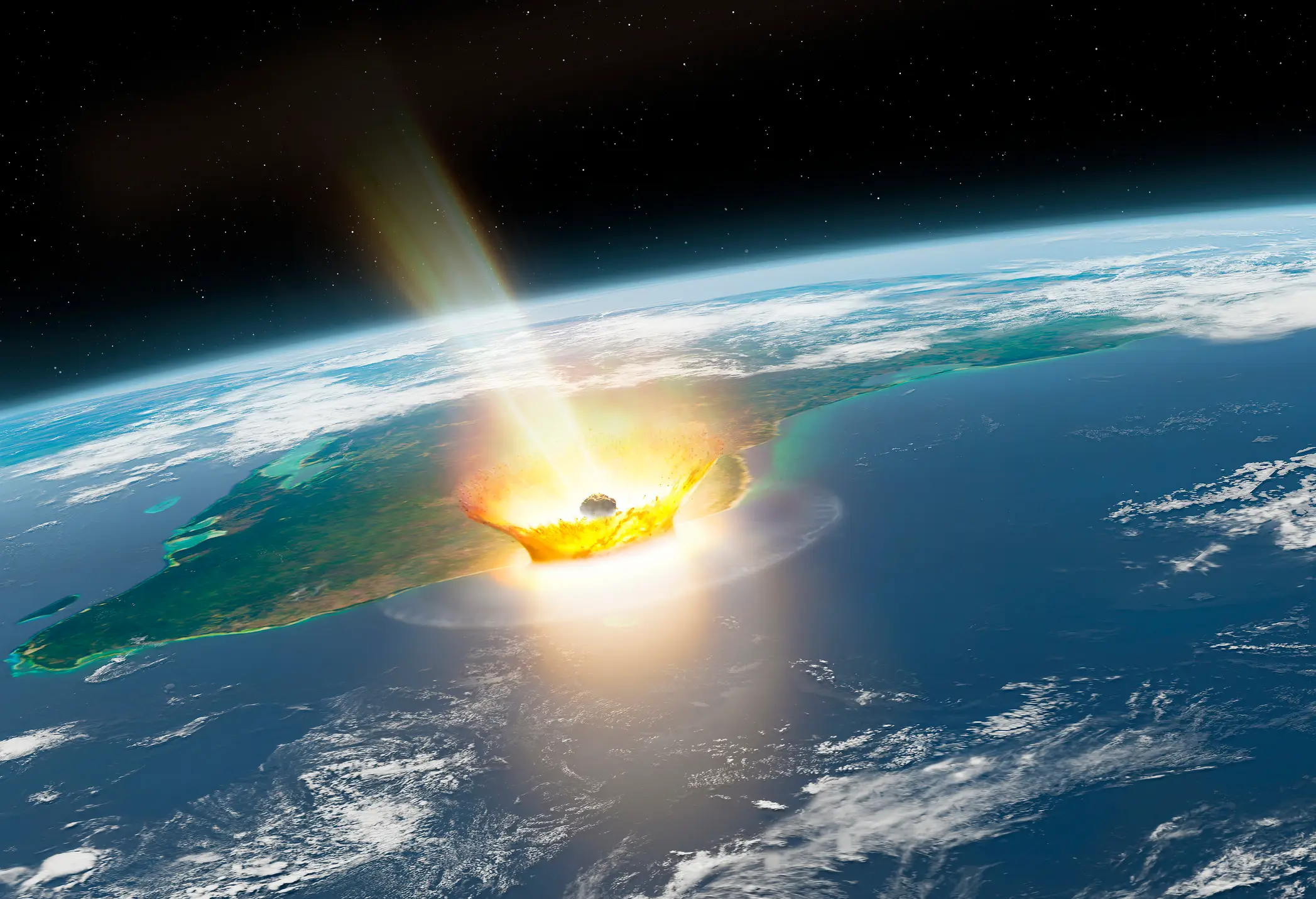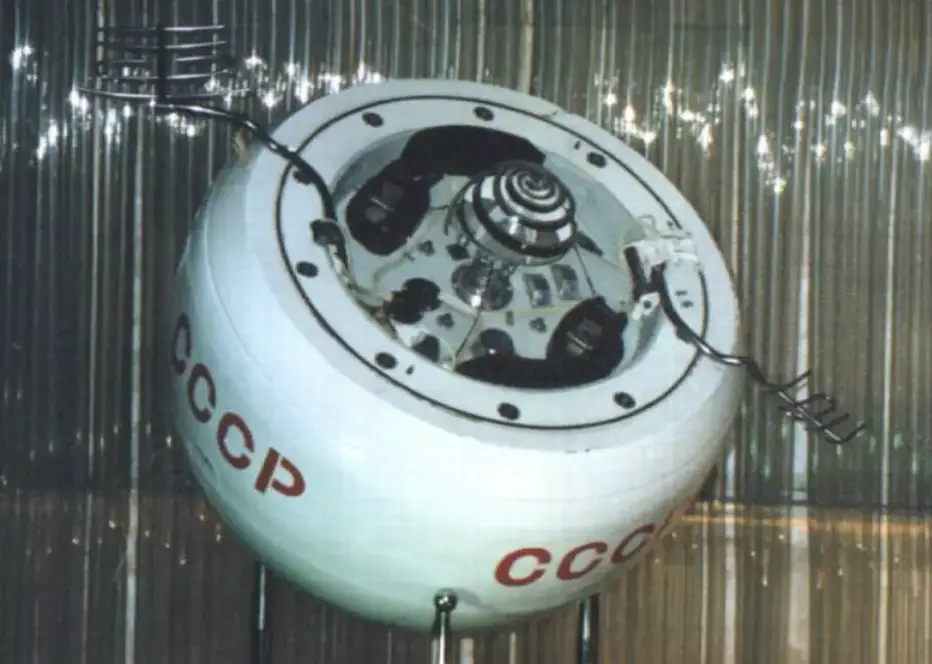
Experts have issued a warning as a 1,000lb spacecraft is set to hit Earth later this week and has the potential to cause significant damage.
Of course, the chances of the incoming satellite striking someone are very low, but that doesn't mean they are zero.
And with advancements in technology, experts are able to provide an accurate prediction on when such events could happen - which can only be a good thing.
In a bid to gather data from Venus’ surface, the Soviet Union launched Kosmos 482 way back in March 1972.
Advert
Due to an engine malfunction, the satellite failed to properly escape Earth's gravitational pull. The main body of the satellite is considered to be destroyed, burnt up in the Earth’s atmosphere as it fell back to Earth back in 1981.

However, the rest of the 53-year-old satellite is estimated to return imminently.
When and where could Kosmos 482 hit Earth?
Kosmos 482 is expected to enter our planet's atmosphere sometime between May 8 to May 11, with scientists likely able to make a more concrete prediction closer to the time.
Earthsky.org states it's 'extremely difficult' to determine exactly where the satellite will reenter Earth's atmosphere.
Though it's predicted to hit 'anywhere between latitude 52 degrees north and 52 degrees south', which would make an ocean impact incredibly likely.
What have experts said about Kosmos 482?
Dr Marco Langbroek, a spy satellite researcher at the Dutch satellite tracking station SatTrackCam Leiden, predicts reentry will happen somewhere between May 7 and 13.
He noted: “The risks involved are not particularly high, but not zero: with a mass of just under 500 kg and 1-meter size, risks are somewhat similar to that of a meteorite impact.”
Meanwhile, British-American astronomer Jonathan McDowell wrote in a blog post: “I am moderately confident, but not 100 percent confident, that object 6073 is the Kosmos-482 entry capsule.

“If it is, its heat shield means that the half-ton, one-metre-diameter sphere might well survive Earth atmosphere entry and hit the ground.
“In which case I expect it'll have the usual one-in-several-thousand chance of hitting someone. The vehicle is dense but inert and has no nuclear materials. No need for major concern, but you wouldn't want it bashing you on the head.”
McDowell told MailOnline that if the satellite did actually strike someone or 'cause damage', the 'Russian government would be liable for it'.
The satellite initially had a parachute system that is designed to slow it down upon reentry to Earth, the expert noted - but there is a small chance it will deploy.
Topics: Space, Earth, Science, Technology
